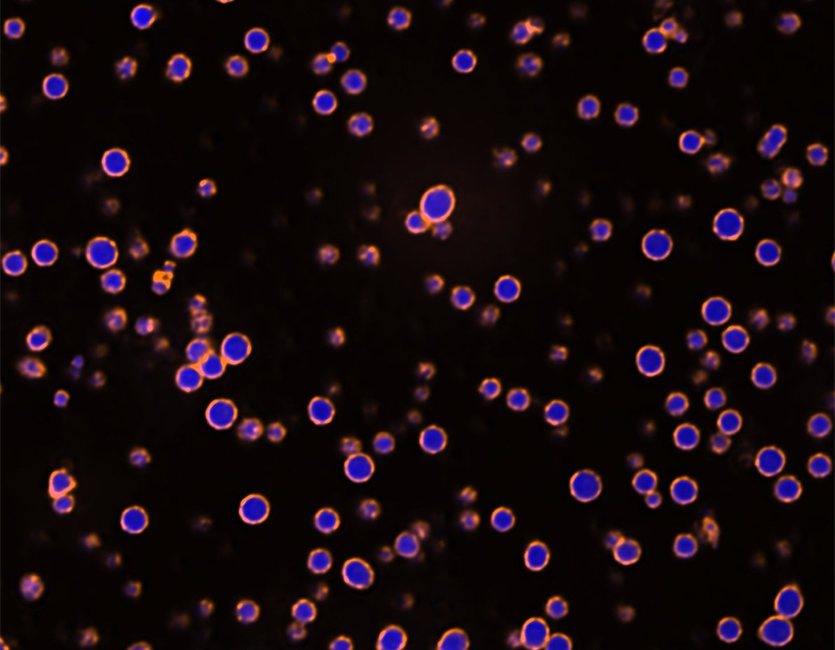Tag: Cell and Developmental Biology
-

Study Identifies Gene Linked to Rare Ciliopathy Disorders
A Northwestern Medicine-led study has identified mutations in the gene CEP76 as a new cause of ciliopathies, shedding light on a complex group of disorders that affect multiple body systems, according to a study published in Science Advances.
-

Transcription Factor Drives Chemotherapy Resistance in Ovarian Cancer
Northwestern Medicine scientists have discovered how a specific transcription factor promotes genetic reprogramming and chemotherapy resistance in ovarian cancer cells, findings that may inform new targeted treatment approaches that inhibit this process and improve patient outcomes, according to a recent study published in The Journal of Clinical Investigation.
-

Understanding Cellular Impacts of Neurodegeneration
A Northwestern Medicine study has revealed a key mechanism underlying the development of motor neuron diseases, offering new insights into potential treatment options, according to a study published in the Journal of Neuroscience.
-

Goyal Named Mallinckrodt Foundation Grant Fellow
Yogesh Goyal, PhD, assistant professor of Cell and Developmental Biology, has been named a 2025-2028 Edward Mallinckrodt, Jr. Foundation Grant Fellow, which recognizes early-stage biomedical investigators engaged in basic and translational research that has the potential to make fundamental advances in biomedical science.
-

Novel Monoclonal Antibody May Improve Sepsis Treatment
A novel monoclonal antibody treatment developed in collaboration with Northwestern Medicine scientists reduced inflammation and immune dysregulation in mouse models of sepsis, underscoring the antibody’s therapeutic potential in treating the disease, according to a recent study.
-

Feinberg Scientists Reveal Hidden Dynamics of the Cell’s Smallest Structures
Scientists at Feinberg are reshaping scientific understanding of the cell’s tiniest components—structures once thought to be static, now revealed to be dynamic engines of cellular life.
-

Understanding Cellular Differences that Impact Lymphoma Development
A Northwestern Medicine study has uncovered new insights that may aid in understanding and potentially treating one of the most common and aggressive forms of non-Hodgkin lymphoma, according to findings published in Science Advances.
-

Cell Feature Implicated in Cancer Forms Differently than Previously Thought
A team lead by Northwestern scientists has found that paraspeckles, found in the nucleus of many cells, form differently than previously thought, which may aid in the design of future cancer drugs.
-

Novel Mechanism Reduces Epithelial Cell Damage and Loss
Northwestern Medicine scientists have discovered a previously unknown process used by epithelial cells to alleviate epithelial tissue crowding and avoid cell damage and loss, according to a recent study published in Nature Communications.
-

Investigating Cytoskeletal Filament Formation
Scientists have uncovered new details about cellular filaments that play a critical role in wound healing, according to a study published in the Proceedings of the National Academy of Sciences.





